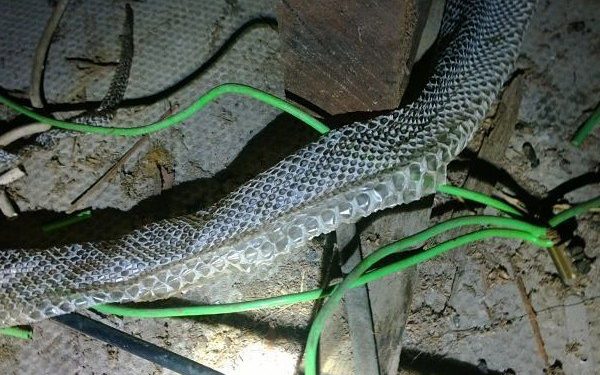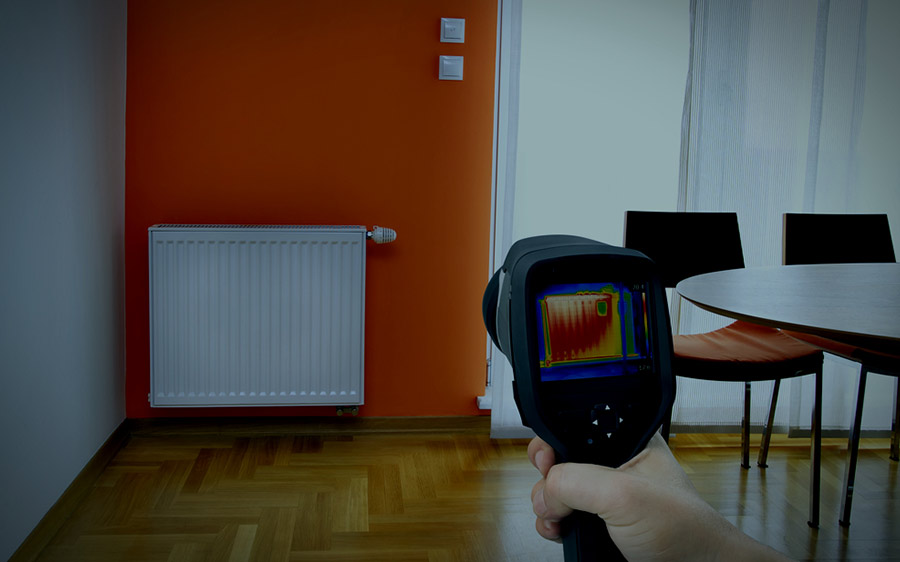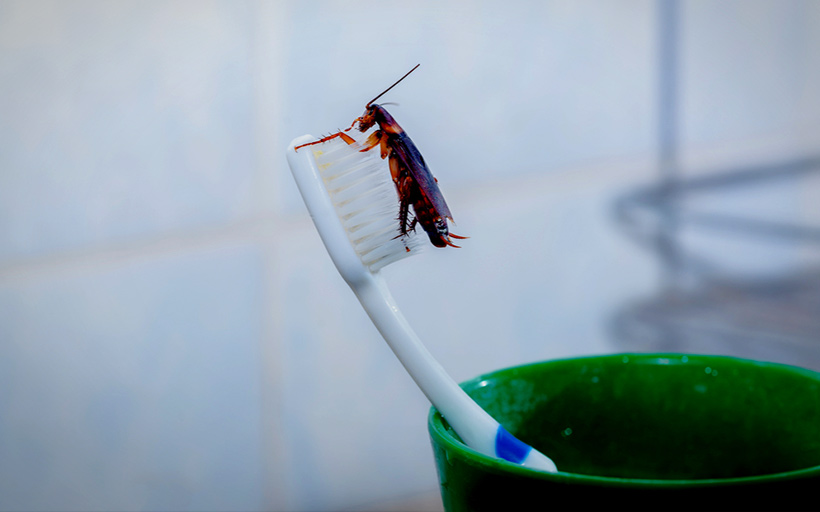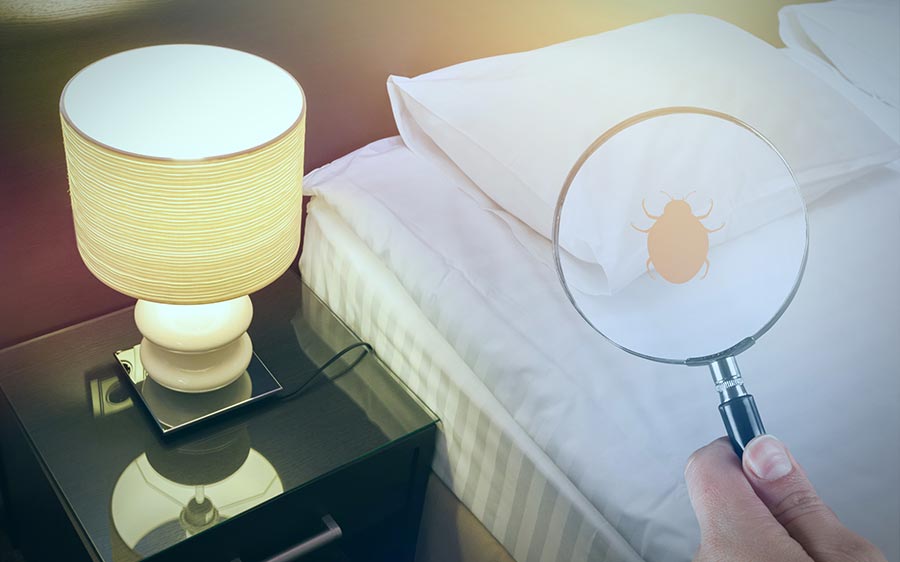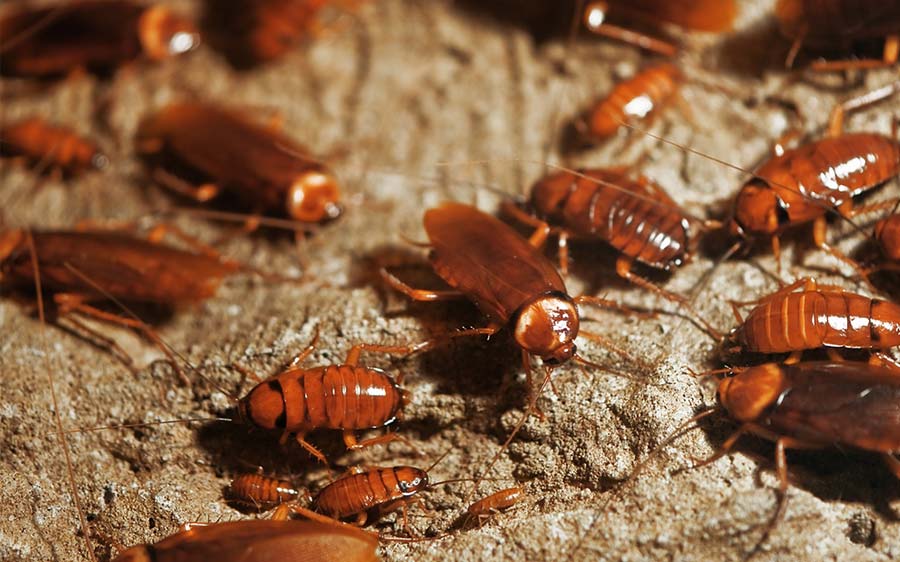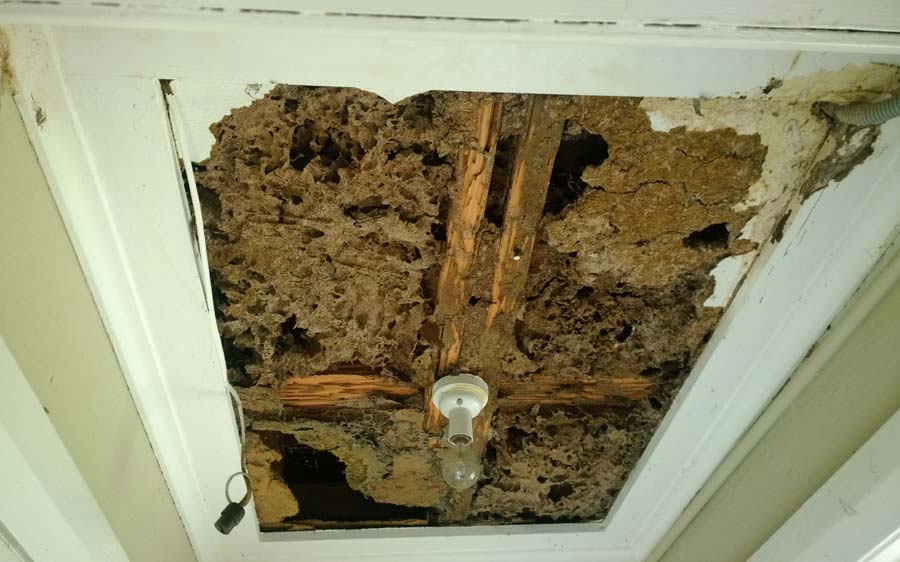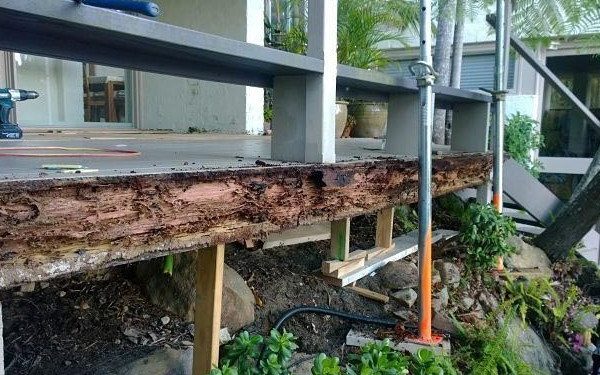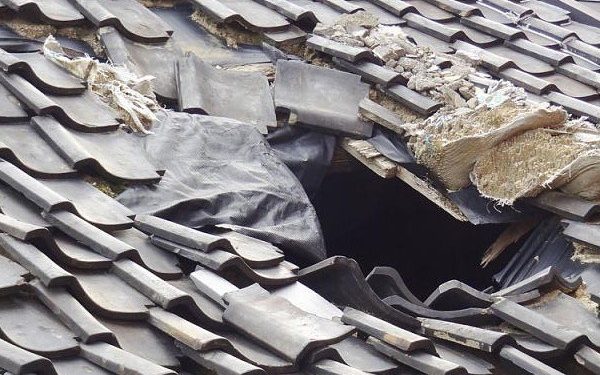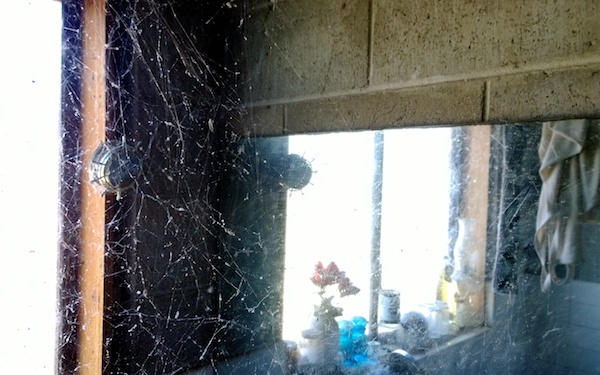
Spiders are one of these critters that people fear most. Whether this is because spiders are largely misunderstood or look scary is unknown. The fact is that spiders are notorious for causing anxiety in residents when found indoors, especially for those with spider phobia. Spiders are an essential part of the ecosystem, but their presence can be frightening when found at home. While most spiders are harmless, some can threaten our safety and well-being. Fortunately, many effective ways are available to get rid of spiders and prevent them from returning.
This guide discusses common and dangerous types of spiders found in homes. It also provides various preventative measures and treatment options to ensure a spider-free home.
Understanding spider behaviour and habitat
Spiders are arachnids, which means they have eight legs and two body segments. They are predators and primarily feed on insects. To catch their prey, spiders typically build webs made of silk. Some spiders, however, actively hunt for their prey or use other methods to capture them, such as jumping on them or using burrows as traps.
Spiders prefer dark, secluded areas that provide them with shelter and protection. They often build their webs or nests in corners, crevices, and other hidden spots. In homes, you can find spiders in basements, attics, cupboards, and behind furniture. They also tend to gravitate towards areas with high insect activity, providing them with a steady food source.
Understanding the specific conditions that attract spiders to your home can help you implement effective spider control strategies. For instance, by reducing clutter and reducing light, you can create a less welcoming environment for spiders. And addressing flying insect populations at home can help eliminate their primary food source.
Common types of spiders found in homes
There are thousands of spider species, but we commonly find only a few in homes. Some of the most prevalent household spiders include:
Huntsman spiders: Huntsman Spider is a large and hairy spider found in Australia and can grow up to 15 cm long. Some species of Huntsman spiders are venomous, but their bites are usually harmless to humans. They are nocturnal and are not aggressive. Huntsman spiders will usually only bite if they are disturbed or threatened.
Black house spiders: These are the most common spiders found in homes. They are usually harmless and build irregular, messy webs in corners and other hidden areas.
Daddy longlegs spiders: Daddy longlegs spiders have long, thin legs and small bodies. They prefer damp, dark environments like basements and crawlspaces.
Wolf spiders: These large, hairy spiders are ground-dwelling hunters that don’t build webs. They usually enter homes searching for prey and can be found in garages, basements, and the ground floor.
Dangerous types of spiders found in homes
Dangerous spiders are venomous, and when bitten by one, severe health problems, even death, can occur. If you suspect a venomous spider has bitten you, seek medical attention immediately. Dangerous spiders you should look out for include:
Funnel-web spiders: There are many species of funnel webs, including the notorious Sydney funnel web, with most dark brownish or black. The abdomen is also black, with a covering of dense hairs. They usually measure around 2cm in length. Very fond of rockeries and rotting logs.
Redback spiders: Known for their venomous bite, black widow spiders are a serious concern if found in your home. They prefer dark, secluded areas like garages, basements, and woodpiles.
White-tail spiders: These spiders have a grey-brown colour white spot at the tip of the tail can identify them. Body size is typically 1-2cm in length. They often venture indoors after rain.
Preventative measures to keep spiders away
One of the best ways to get rid of spiders is to prevent them from entering your home in the first place. Here are some preventative measures you can take to keep spiders at bay:
Seal entry points: Inspect your home for cracks and gaps in walls, windows, and doors. Seal any openings to prevent spiders and other pests from entering your home.
Reduce clutter: Spiders love hiding in clutter, so keeping your home clean and organised can make it less appealing. Regularly clean and declutter areas like basements, attics, and closets.
Maintain your yard: Overgrown vegetation and piles of debris can harbour spiders and other pests. Keep your lawn mowed, trim shrubs and trees, and remove dead leaves or branches.
Install screens: Install screens on windows and doors to prevent spiders from entering your home. Make sure to check and repair any damaged screens regularly.
Regular cleaning: Regularly vacuum and dust your home, paying close attention to corners, crevices, and other hidden spots where spiders may hide. It will help remove any webs, eggs, and spiders.
Reduce outdoor lighting: Consider strategies to minimise outdoor lighting usage and try to have the light fittings away from your front door. Flying insects are attracted to light which is the food source for spiders drawing them in looking to hunt.
Natural methods to get rid of spiders
If you prefer a more eco-friendly approach to spider control, there are several natural methods you can try:
Essential oils: Many essential oils, like peppermint, lavender, and eucalyptus, have been shown to repel spiders. Mix a few drops of essential oil with water in a spray bottle and apply them to where you usually find spiders.
Vinegar: The strong smell and taste of vinegar can deter spiders. Mix equal water and white vinegar parts in a spray bottle and apply it to spider-prone areas.
Diatomaceous earth: You can sprinkle this natural, non-toxic powder around entry points and other areas where spiders frequent. The powder will dehydrate and kill the spiders that come into contact with it.
Citrus peels: Spiders dislike the scent of citrus. Scatter citrus peels around your home, where spiders hide in particular, to help repel them.
Sticky traps: Set up non-toxic sticky traps around areas where you usually see spiders. They will get stuck in the traps, and you will eventually eliminate these spiders.
Spraying For Spiders
Consider spraying for spiders if natural methods don’t provide the desired results. However, when spraying for spiders, choosing the correct insecticide and method is essential. Look for a product specifically formulated for spider control. These insecticides typically contain active ingredients effective against spiders, such as pyrethroids or pyrethrums. Read the label carefully and follow the instructions for proper application and safety precautions. Here are some common spraying ways:
Insecticides: Several insecticides are available in spray or powder form that kills spiders on contact. Follow the manufacturer’s instructions and use caution when applying insecticides, especially around children and pets.
Foggers: Foggers, also known as bug bombs, release a pesticide mist into the air that can kill spiders and other pests. Follow the manufacturer’s instructions and vacate the area during the treatment.
Residual sprays: These sprays leave a residue that continues to kill spiders and other pests for an extended period. Apply the spray to areas where spiders are commonly found, such as baseboards, windowsills, and corners.
DIY spider-repellent solutions
For those who prefer a more hands-on approach, there are several DIY spider-repellent solutions you can try:
Homemade essential oil spray: Combine several drops of your chosen essential oil with water in a spray bottle. Apply the mixture to areas where you often see spiders.
Homemade vinegar spray: Mix water and white vinegar in a spray bottle and apply the mixture to spider-prone areas.
Homemade pepper spray: Combine one tablespoon of red pepper flakes with 1 quart of water in a spray bottle. Apply the mixture to areas where you usually see these spiders.
Homemade citrus spray: Boil citrus peels in water, allow the mixture to cool, strain the liquid, and pour it into a spray bottle. Apply the mixture to spider-prone areas.
Professional spider control services
Sometimes, a professional spider control service may be necessary to get rid of spiders effectively. They are a valuable resource for homeowners and businesses alike. With the ability to effectively and safely get rid of spider infestations, spider control services provide peace of mind and a spider-free environment.
It is important to note that professional spider control services prioritise people’s and pets’ safety. They use products and techniques approved by relevant authorities and safe for use in residential and commercial settings. Experienced technicians know to handle and apply these products correctly, ensuring effective results while minimising potential risks and providing recommendations.
Maintaining a spider-free home: long-term solutions
Once you’ve successfully eliminated spiders, it’s essential to implement long-term solutions to keep them from returning. Some long-term strategies to maintain a spider-free home include:
Regular cleaning and maintenance: Keep your home clean and well-maintained to reduce hiding spots and food sources for spiders.
Pest control: Address insect infestations in your home to eliminate the spiders’ primary food source.
Inspect your home: Regularly inspect your home for signs of spiders, such as webs and egg sacs, and address any issues promptly.
Monitor humidity: Spiders are attracted to damp environments, so maintain a low humidity level in your home by using a dehumidifier or properly ventilating your space.
Conclusion and final thoughts on spider control
Getting rid of spiders in your home may seem like a daunting task. Still, keeping your home free of spiders is possible with the proper knowledge and tools. By understanding spider behaviour and habitat, implementing preventative measures, and using a combination of natural treatments, insecticide sprays and DIY methods, you can effectively eliminate spiders and keep them from returning.
If, despite your best efforts in prevention, a spider problem persists in your home or there are frequent sightings of spiders, call professionals. You will benefit from their expertise and experience by hiring a spider control professional. With their help, your home can enjoy a spider-free environment and escape the fear that spiders can inflict.
